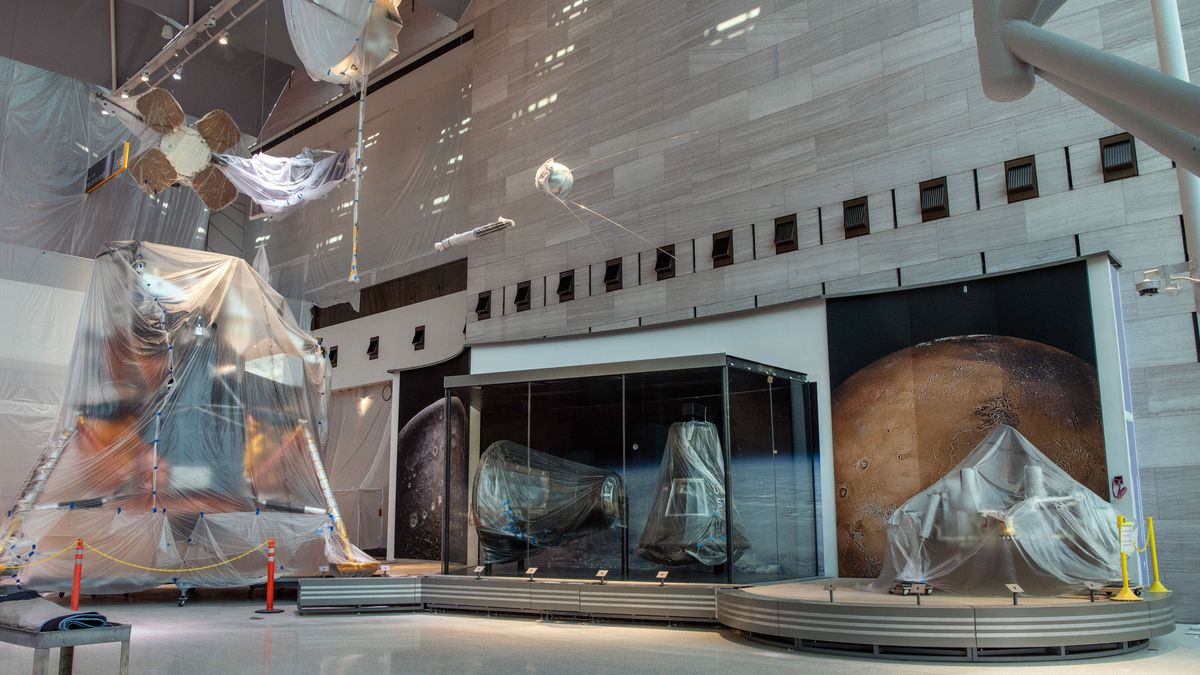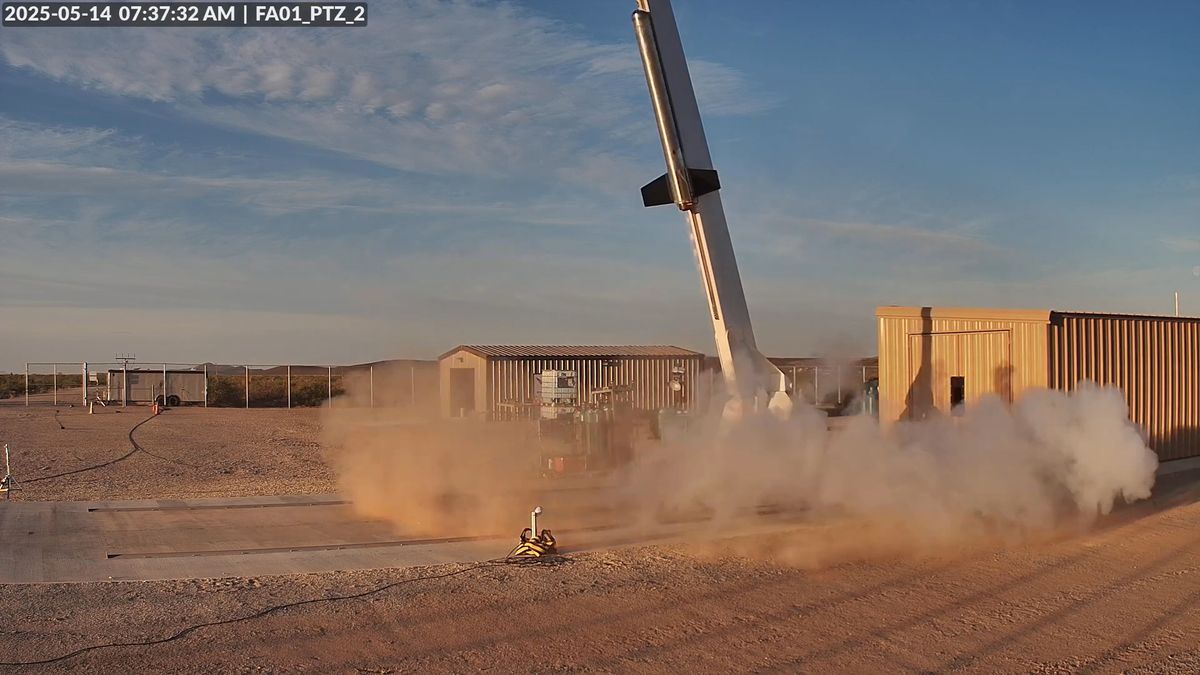Now Reading: Scientists Uncover 26 New Microbe Species in NASA Spacecraft Facility
-
01
Scientists Uncover 26 New Microbe Species in NASA Spacecraft Facility
Scientists Uncover 26 New Microbe Species in NASA Spacecraft Facility
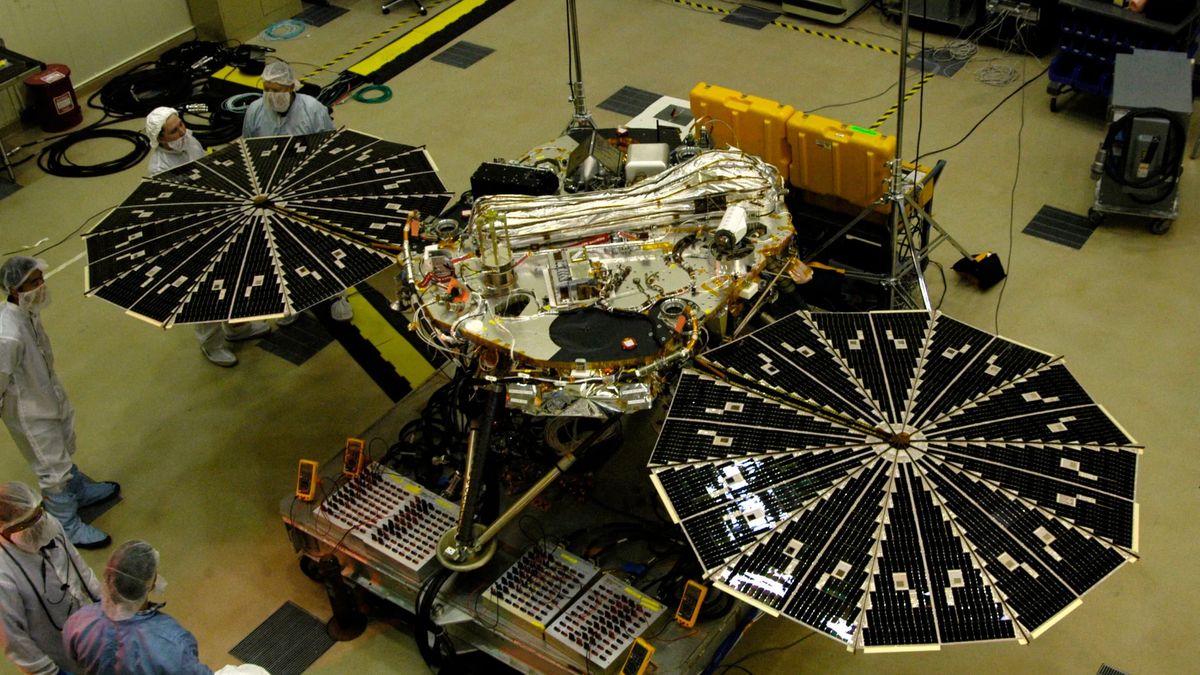
### Quick Summary
– A joint study by NASA’s Jet Propulsion Laboratory (JPL), researchers from India, and Saudi Arabia discovered 26 previously unknown bacterial species in the clean rooms used to prep NASA’s Phoenix Mars lander for its 2007 mission.
– Clean rooms are highly controlled environments designed to prevent microbial contamination but can still harbor resilient microorganisms known as extremophiles.
– Genetic analysis revealed these microbes possess genes linked to DNA repair, detoxification of harmful substances, and boosted metabolism, aiding their survival in extreme conditions.
– The revelation helps assess microbial contamination risks during space missions and contributes to improving clean room protocols for future interplanetary missions.- The identified genetic traits could have applications in medicine, food preservation, bioengineering, and environmental science on Earth.
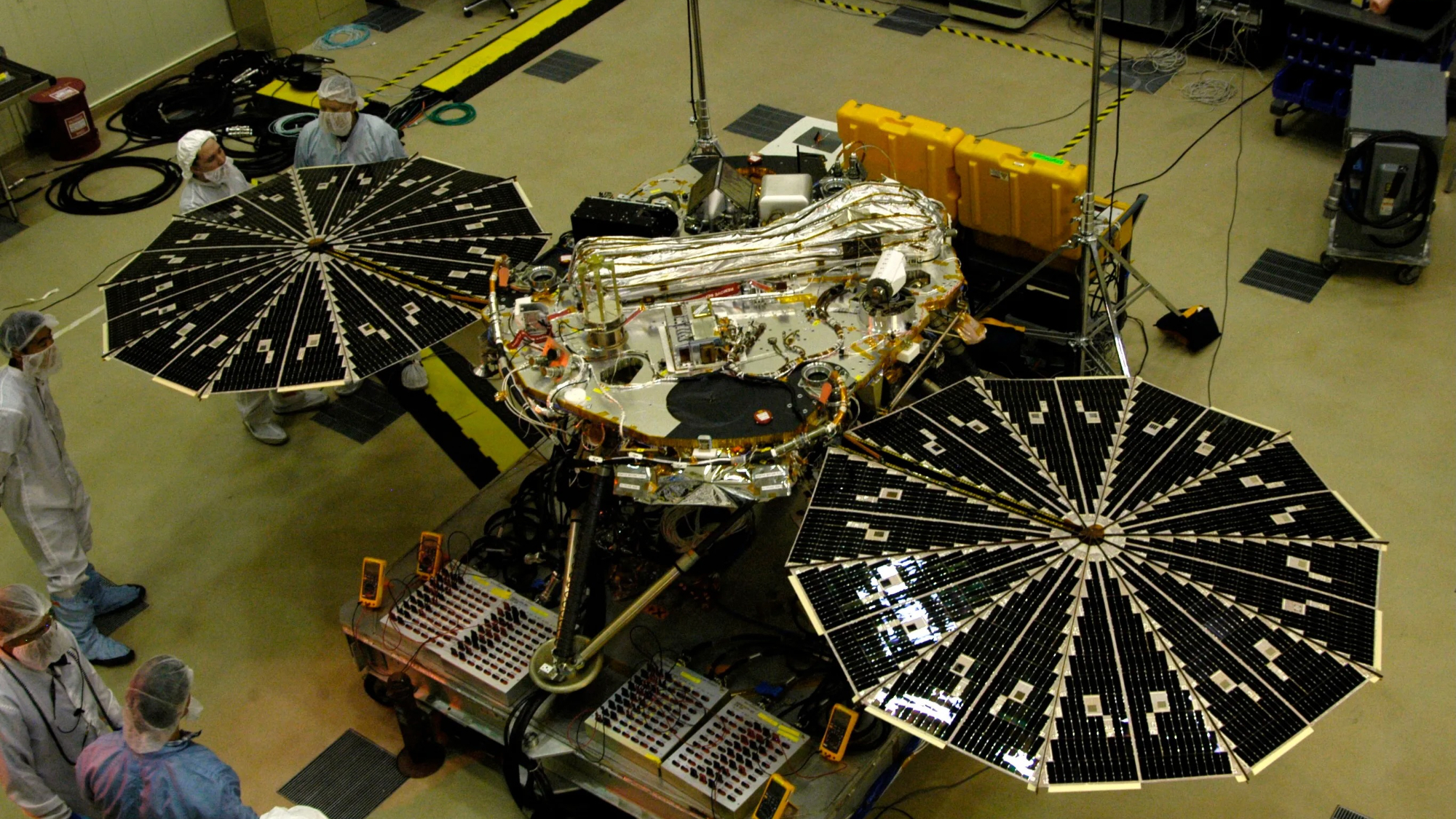
(Image credit: NASA/JPL-Caltech/UA/Lockheed Martin)
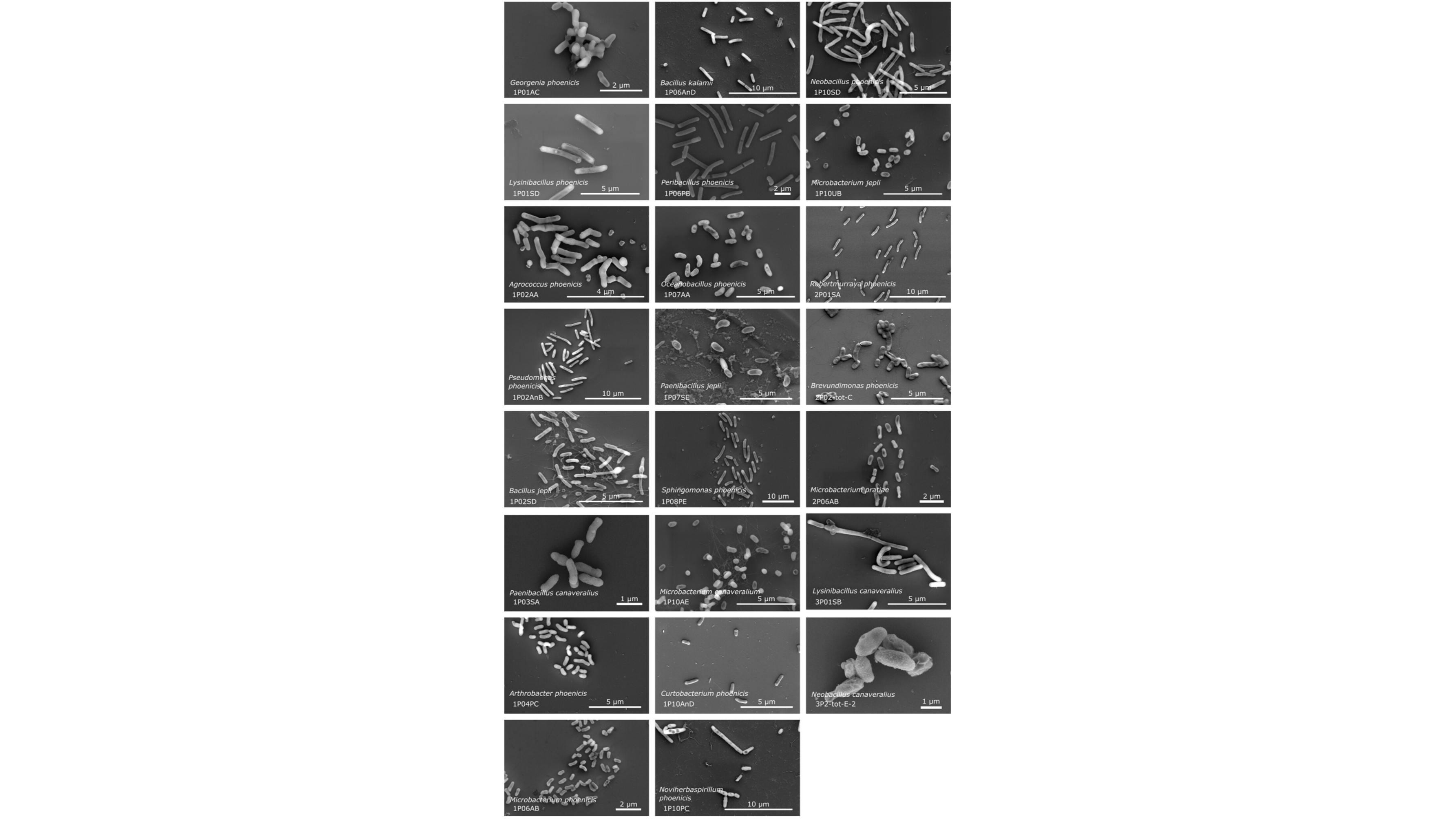
### Indian Opinion Analysis
This discovery is significant on multiple fronts. For India’s scientific community involved in this collaborative effort, it highlights how international cooperation enables advancements in critical areas like astrobiology. By identifying extremophiles capable of surviving harsh conditions-such as those found on other planets-the study indirectly advances knowledge crucial for space exploration endeavors globally.
Moreover, findings related to microbial genetics could inspire research applications within India across medicine or industrial biotechnology sectors. Enhanced protocols aimed at reducing contamination risks will pave the way for more robust frameworks should India’s own interplanetary ambitions expand further (e.g., Chandrayaan or Gaganyaan programs). While neutral scientifically, this underscores how countries collectively address challenges posed by life sciences intertwined with space exploration.
[Read More](https://www.space.com/space-exploration/search-for-life/not-so-clean-rooms-scientists-discover-26-new-microbe-species-in-nasa-spacecraft-facility)
















